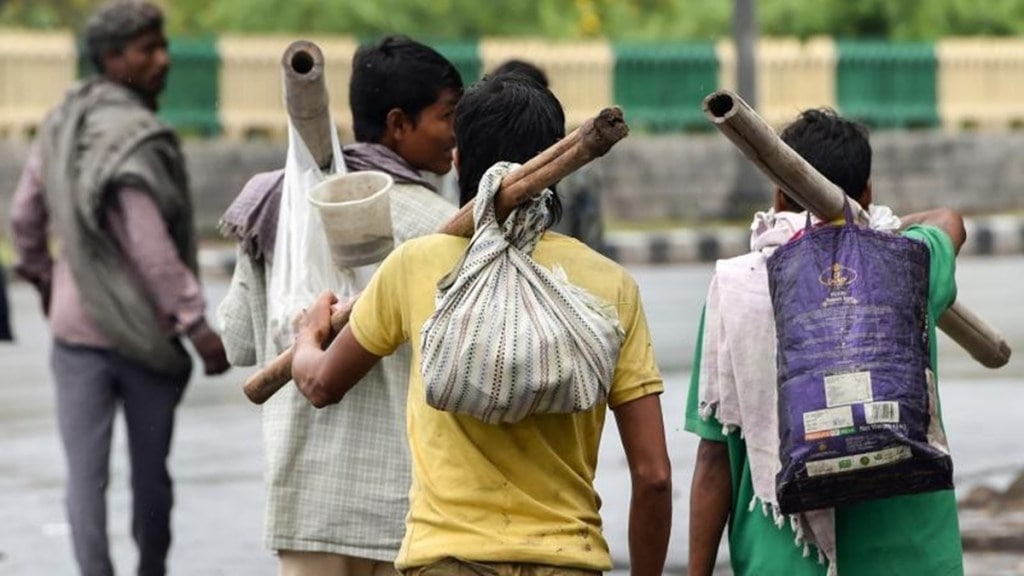Finance Minister Nirmala Sitharaman may announce the much-awaited implementation of the four labour codes from the next financial year, official sources told FE.
Sources said that since all the 36 states and union territories (UTs) are expected to publish their draft rules under the codes–on Wages, Social Security, Industrial Relations, and Occupational Health & Safety—by the end of FY25, their enforcement throughout the country is now feasible.
The sources, however, didn’t clarify whether the codes will come into effect from April 1, 2025 or slightly later.
Moreover, the officials said that in case there is an opposition from some quarters, the government may even opt for a phase-wise implementation of the four codes. The government in the first phase might notify the enforcement of Codes on Wages, 2019 and Code on Social Security, 2020.
FE had reported earlier that the government is mulling to introduce a framework to provide social security coverage to gig and platform workers in the next four to five months. And to bring that into effect, the government may invoke some provisions of the social security code, as per sources.
The government is mulling to provide the gig and platform workers a unique identity like the Aadhar, which would be accessible by all the companies, who hire them, namely, Zomato, Swiggy, Zepto, Urban Company etc. The unique identity will store all the information of the workers, such as their monthly earnings, past work records, etc. According to NITI Aayog, there were 7.7 million gig and platform workers in 2020-21, which are estimated to rise to 23.5 million by 2029-30.
During her July 2024 Budget speech,Sitharaman had said that India intends to introduce and incentivise next-generation reforms, in close collaboration with states, spanning various factors of production such as land, labour, capital and entrepreneurship to further support growth.”Our government will initiate and incentivise reforms for improving productivity of factors of production, and facilitating markets and sectors to become more efficient,” she had said
Labour laws fall under the concurrent list of the Constitution. Hence, both the Centre and states are empowered to make rules. But in the event of a conflict between state and central laws, central legislation generally takes precedence, unless the state’s law has obtained presidential assent.
The four codes are a judicious combination of reforms aimed at easing labour market rigidities, and reinforcing workers’ rights and welfare. As many as 29 labour related Acts were consolidated into the four codes in 2019-2020 with the objective of reinforcing trade and investment, facilitating ease of doing business and easing compliance. Several minor offences were decriminalised via the codes, while skill development and dispute resolution have been accorded due priority.
Anshul Prakash, partner at Khaitan & Co said: “The enforcement of the four new labour codes is expected to modernize India’s labour laws, making them more relevant to contemporary economic realities and beneficial for both workers and employers.”

